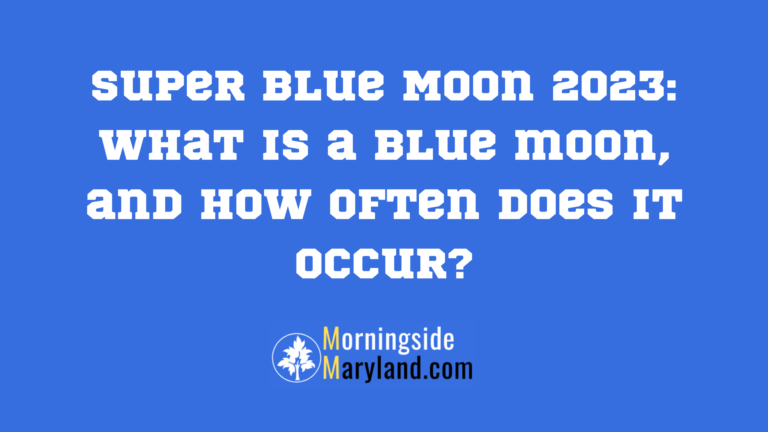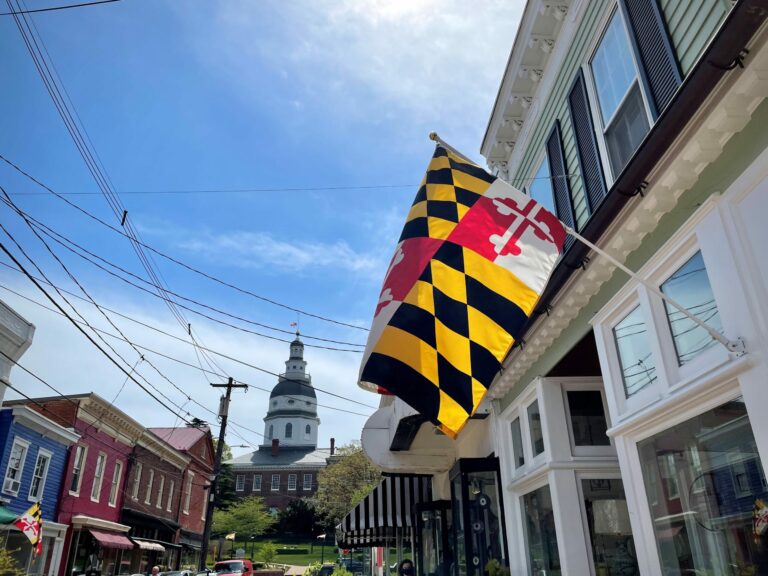The Significance of the Date of the March on Washington for Jobs and Freedom
The March on Washington for Jobs and Freedom, one of the most significant events in the civil rights movement, took place on August 28, 1963. The date was chosen deliberately, and it held great symbolic significance for the organizers and participants of the march (source: History).
The Historical Context
In the early 1960s, the civil rights movement was gaining momentum, but progress was slow. African Americans faced systemic discrimination and violence, and the federal government had been slow to act. In 1963, civil rights leaders were planning a major demonstration in Washington, D.C. to demand change.
The date of August 28, 1963, was chosen for several reasons. First, it was the 100th anniversary of President Abraham Lincoln’s signing of the Emancipation Proclamation. The proclamation, which declared that all slaves in Confederate-held territory were to be set free, was a milestone in the fight for freedom and equality for African Americans.
Second, August 28 was a Wednesday, which was significant because it was a working day. The organizers of the march wanted to demonstrate that African Americans were not just a marginalized group, but were an integral part of the American workforce and economy.
Finally, the date was chosen because it was late enough in the summer that students could participate in the march before returning to school in the fall.
The Impact of the March on Washington
The March on Washington for Jobs and Freedom was a pivotal moment in the civil rights movement. It brought together people from all walks of life to demand an end to racial inequality and discrimination. The event also helped to inspire a new generation of civil rights activists and leaders.
The most famous speech of the event was delivered by Dr. Martin Luther King Jr., who gave his iconic “I Have a Dream” speech. In his speech, King called for an end to racial segregation and discrimination, and for the recognition of the inherent dignity and worth of all people. The speech has since become one of American history’s most famous and influential speeches.
The march’s success helped galvanize support for the Civil Rights Act of 1964, which was signed into law the following year. The act outlawed discrimination based on race, color, religion, sex, or national origin, and was a major victory for
the civil rights movement. The march paved the way for other significant civil rights legislation, including the Voting Rights Act 1965.
The impact of the March on Washington for Jobs and Freedom was felt far beyond the United States. The event inspired people around the world to fight for their own freedom and equality. In South Africa, Nelson Mandela was inspired by the march to continue his own struggle against apartheid. In India, Mahatma Gandhi’s nonviolent resistance movement was an inspiration for the civil rights movement in the United States.
Today, the legacy of the march lives on in the ongoing fight for racial justice and equality. The event serves as a reminder of the power of peaceful protest and the importance of working together to create a more just and equitable society.
In recent years, there has been renewed attention on the issues of racial inequality and discrimination in America. The Black Lives Matter movement, sparked by the killing of George Floyd in 2020, has brought these issues to the forefront of national conversation. The legacy of the March on Washington continues to inspire activists and leaders in the ongoing fight for racial justice.
In conclusion, the significance of the date of the March on Washington for Jobs and Freedom cannot be overstated. The choice of August 28, 1963, was deliberate and held great symbolic significance for the organizers and participants of the march. The event was a turning point in the civil rights movement, and its impact continues to be felt today. The legacy of the march serves as a reminder of the power of peaceful protest and the importance of working together to create a more just and equitable society.







